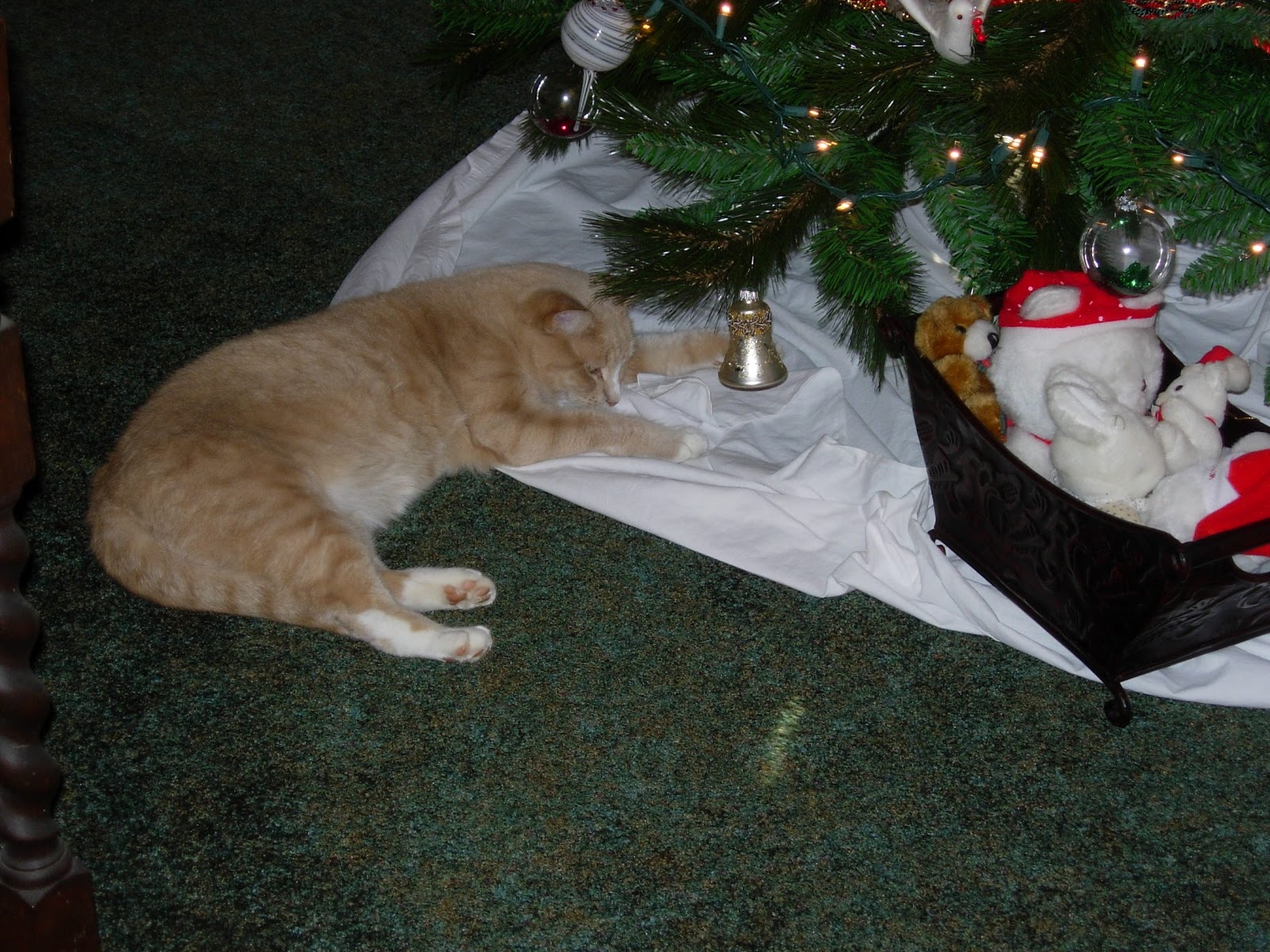Over the past few weeks, I’ve had many conversations with readers about where writers find their ideas. Do we write about ourselves? Do we write about people we know? Do we dig deep into our selves to find the emotions we need for a difficult scene?
The answer is “yes” to all of the above.
The questions led me to thinking about how often I write parts of myself into my characters. I’ve never created a whole character that is me. I’ve plucked some of my traits, my worldview, even some of my mannerisms, but when it comes down to publishing a work, I’m just not that interesting in and of myself. No writer is. I mean, we take the best or worst of ourselves and plop it into a character, enhance it or mutate it. I’m almost positive that Ian Fleming wasn’t 007, but parts of Ian Fleming informed 007’s ethics. Many of you know that I am polishing a book about a serial killer. I can attest to the fact that while some people have pissed me off, I’ve never wanted to harm them except on the page.
When I created Whip Pugh, Mad Max’s son-in-law, I lifted a couple of events from a friend’s life. Yes, his wife fell under the mesmerizing control of a doctor, who wasn’t a serial killer or anything of the sort. The only thing the doctor killed was my friend’s marriage. I picked a couple of incidents and gave them to Whip. The physical characteristics are so not my friend. Neither are Whip’s ethics those of my friend. And yet, my friend saw himself through Whip’s lens and said how happy he was that I’d brought out his essence. I didn’t have the heart to puncture the bubble.
When it comes to emotions it’s more difficult for writer to step aside. In the second Mad Max book, I wrote a scene that was wrought with tension from an event in my own life. I was ill for nearly a month while I worked to get the scene right. I had to dig deep inside me to confront feelings of loss and abandonment to be able to put them on the page. In the first draft, I overwrote the scene until it was maudlin and full of purple prose. I didn’t care, because I knew none of that would make it into the final version. It didn’t. It ended when I remembered that the Delete key was my friend. But confronting ghosts from the past can be painful. For me, I had to recall feelings of betrayal, of having no one to turn to. I had to remember how hard it was to look in the mirror and convince myself that I hadn’t done anything wrong, that I could survive and come out on the other side a better person than when I went in. I work shopped the two chapters that made up the scene and listened to the advice of peer writers and a wonderful writing teacher, Dan Mueller. He helped me balance the emotions so that they weren’t over the top.
It’s not only bad emotions that can overwhelm a writer. Happy emotions can as well. I recently read a book that had many happy emotions in it. No, not one of mine, but one highly recommended. Friends assured me that I would find the story uplifting. Um, I didn’t. I also didn’t review the book, because I felt the emotions were banal. The writer tried too hard to tell me how happy she was. I longed for a small scene, just a few sentences would do, that showed me her happiness. Was she smiling, dancing around, sitting and being quiet? No, the writer kept saying she was happy, she was excited, she was on “pins and needles.” Her phrase, not mine.
Life is messy. Emotions snarl and wrap themselves up in knots. I can honestly say that writing can be cathartic, especially when we let the walls drop and look honestly at ourselves. Otherwise, I find I’m writing falsehoods. I hate that. Even if I have to feel ill for awhile to get it right, I’m willing to do that. Otherwise, I’m lying to myself and to anyone who chooses to read my words. My promise to each of you, I will remain true to the emotions I write.
###
Betsy Ashton is the author of Mad Max, Unintended Consequences, and Uncharted Territory, A Mad Max Mystery, now available at Amazon and Barnes and Noble. I’m really excited that the trade paper edition of Uncharted Territory was released this week. Please follow me on my website, on Twitter, Facebook and Goodreads.






0 Comments